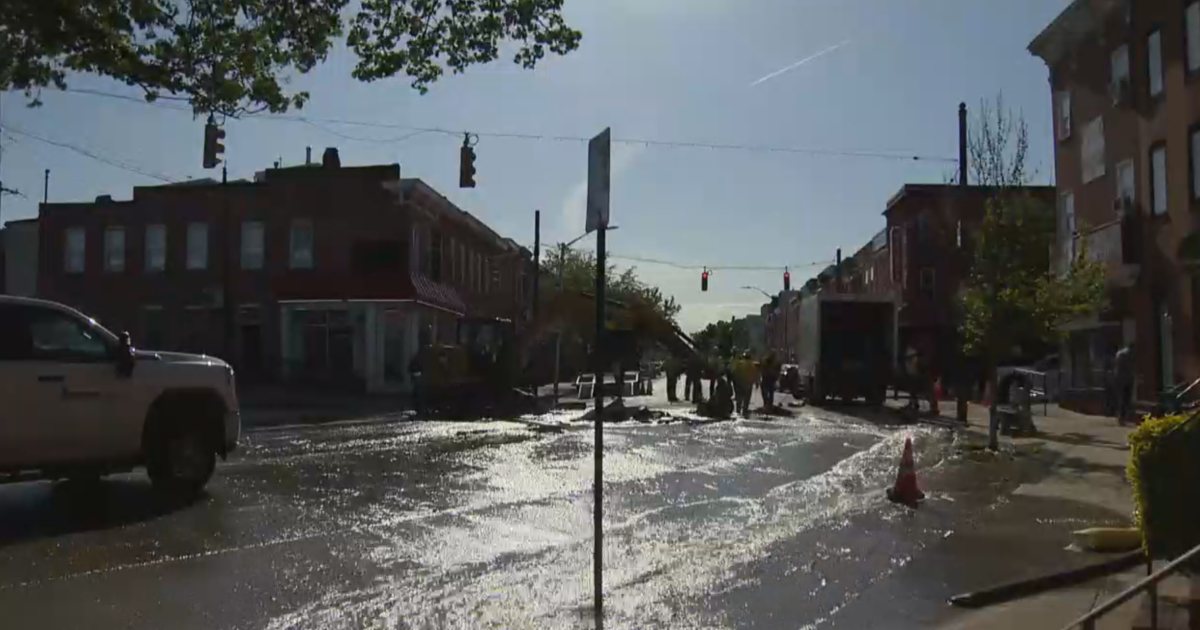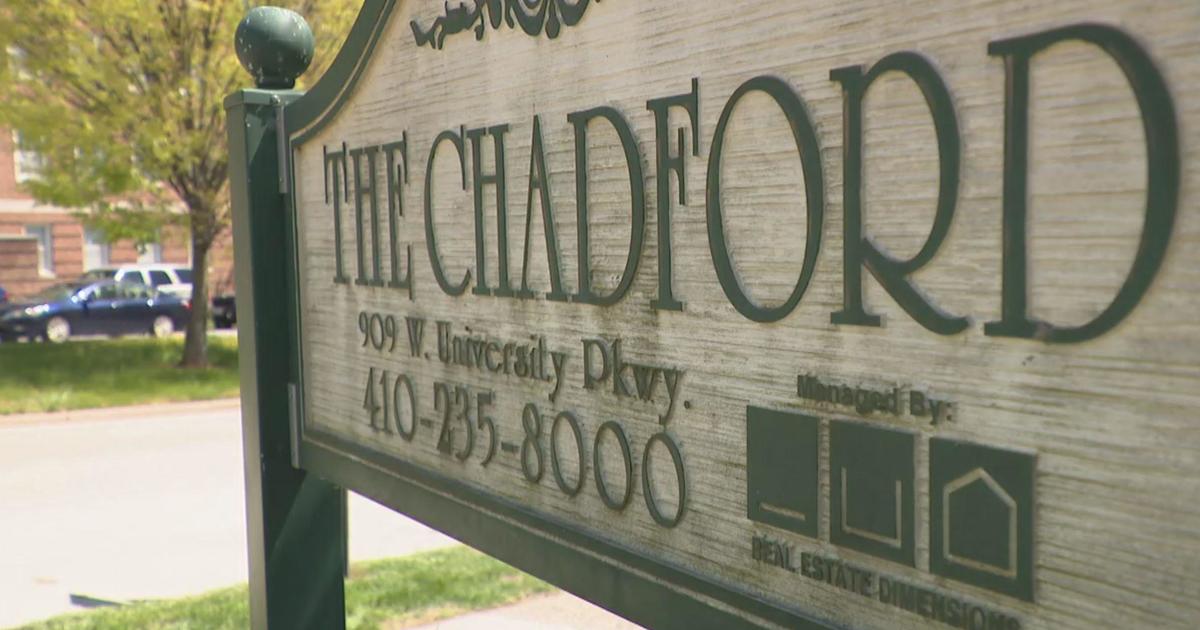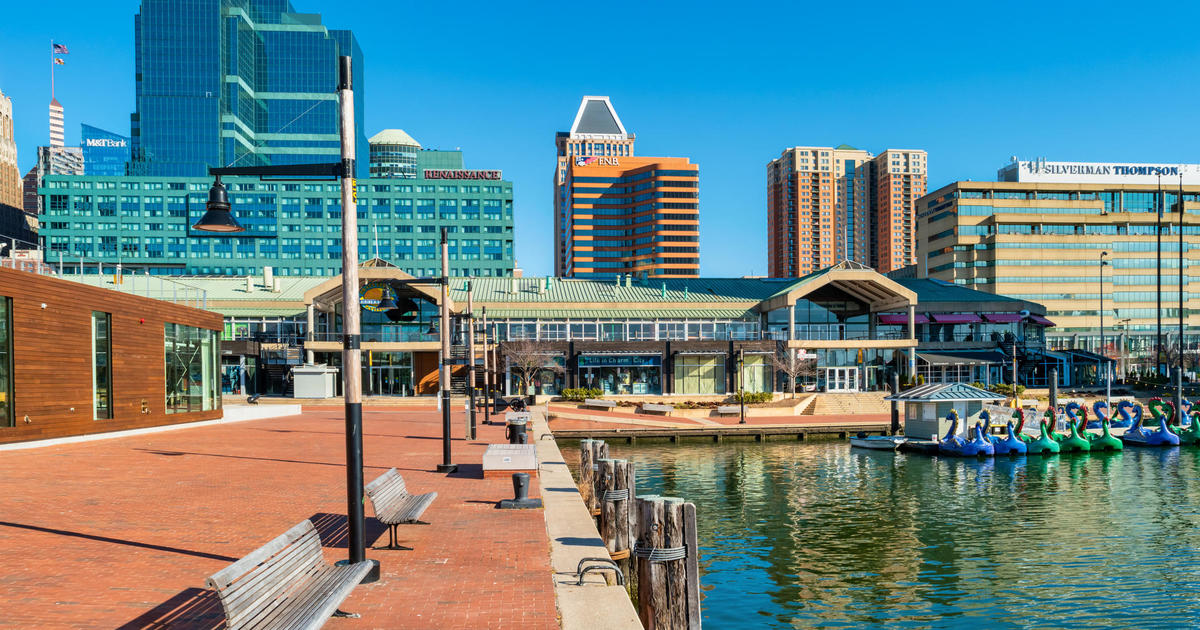Algae Blooms Killing Thousands Of Fish In Baltimore's Waterways
BALTIMORE (WJZ)-- A fish kill is spreading in and around Baltimore's waterways. Tens of thousands of dead fish and crabs are floating at the surface and stinking up the waterfront. It's bad for the environment and bad for business downtown.
Kai Jackson looks into what's causing the kill.
Experts say the fish kill is bad and has far-reaching effects.
Sky Eye Chopper 13 is high above a fish kill that's now seen in the Inner Harbor.
Water samples confirm it's now a growing problem being fed by algae blooms across the area which eat oxygen and kill fish and other aquatic life.
"We were putting our water quality monitoring equipment into the water and saw juvenile crabs trying to climb up the cables to get out of the water. It's really very disturbing," Tina Myers of Blue Water Baltimore said.
Marley Creek on Maryland's Western Shore has the same problem. A phenomenon called mahogany tide is killing thousands of menhaden, spots and other fish.
Experts say the problem started last year with runoff from tropical storms. The water carried loads of sediment-containing nutrients like nitrogen which feeds algae. Combine that with recent sewage spills and it can take the life right out of water.
"We're seeing levels of oxygen to one milligram per liter or lower throughout the entire water column, which is really troubling for aquatic life," David Flores of Blue Water Baltimore said.
The Baltimore harbor waterkeepers say don't think of this fish kill as an isolated incident. It's not. It affects tourism, human health and a variety of aquatic life.
The Bay Cafe is one of the most popular restaurants in Canton. Staff members say the fish kill is bad for business.
"Right now, it depends on which way the wind's blowing. If the wind's blowing off the water, people tend to not come in," Matt Cairns of Bay Cafe said.
Experts say you can help protect the environment. For instance, if you're a pet owner, cleaning up after your pet can make sure waste doesn't get into local waterways. Homeowners can help by reducing the amount of fertilizer they use, which can get into the Chesapeake Bay and affect aquatic life.
Blue Water Baltimore says citizens can also get involved by contacting their local officials and expressing their concern over the issue.



